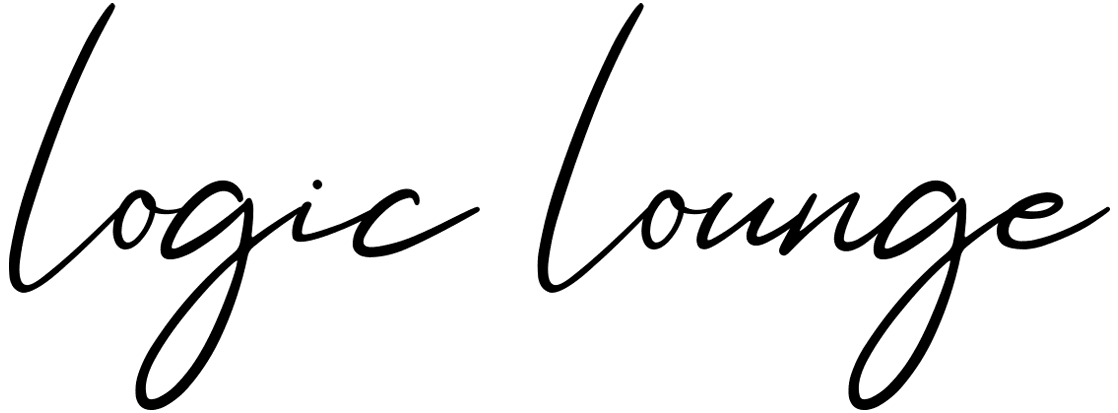A Specific Learning Disorder (SLD) is a neurodevelopmental condition that affects an individual’s ability to learn and use certain academic skills, such as reading, writing, or mathematics. These difficulties are not due to a lack of intelligence or effort but are caused by differences in how the brain processes information. Common types of SLD include dyslexia (SLD in reading), dysgraphia (SLD in writing), and dyscalculia (SLD in mathematics).
With the right support and strategies, individuals with SLD can build their skills and succeed in their education and daily life.
The purpose of an SLD assessment is to help identify whether learning difficulties are due to SLD or other factors, such as attention challenges, anxiety, or challenges in their cognitive functioning. After a provisional diagnosis* or a formal diagnosis of SLD, individualised learning strategies, accommodations, and interventions could be better accessed at school and other environments, which can improve academic performance and confidence. A formal diagnosis through a comprehensive assessment is usually required for students in NSW to be eligible for special considerations and accommodations from the Department of Education, Board of Studies.
A provisional diagnosis is usually provided when an individual’s academic difficulties meet the criteria for an SLD, however, have yet to go through at least 6 months of evidence-based interventions** (e.g., MultiLit for Dyslexia). A review assessment by diagnosing health professional following such interventions is required for a formal diagnosis.
Depending on the service provider, the individual may require a provisional diagnosis in order to access evidence-based interventions for their potential SLD.
